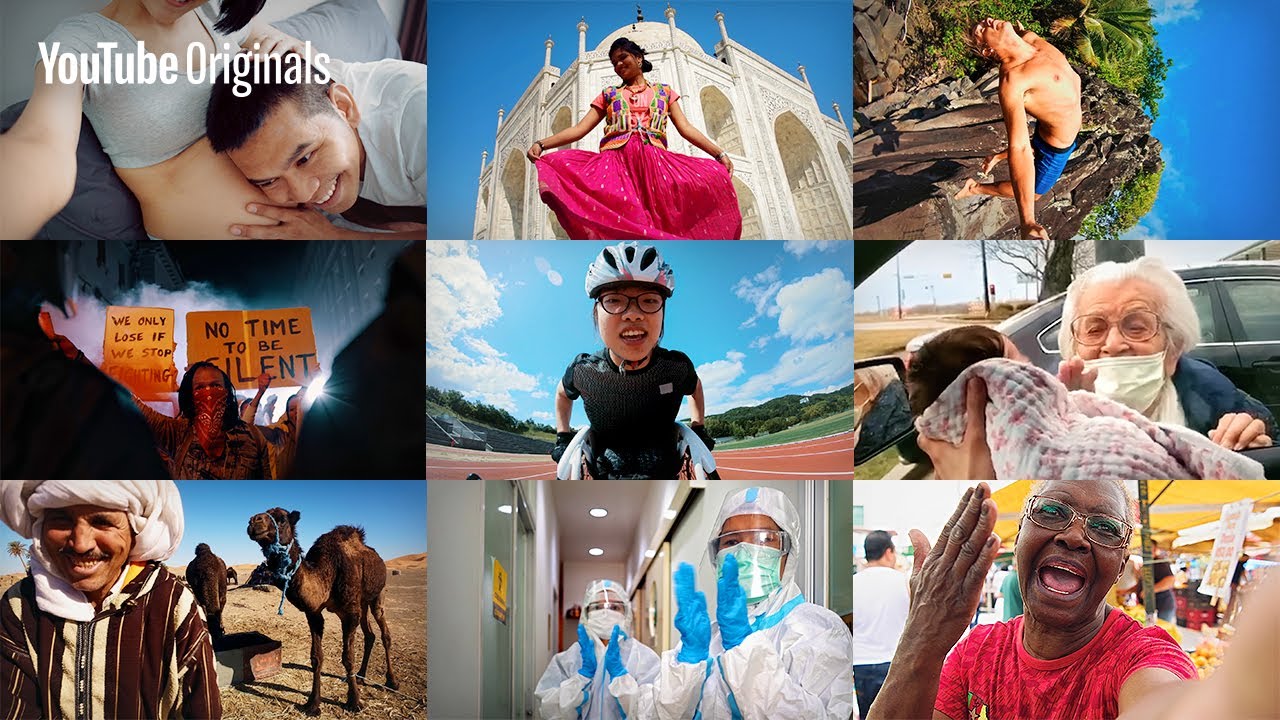
About a year ago, I was invited to go to IBM's Watson Project in Manhattan.
Watson, as you know, is IBM's cutting edge AI or Artificial Intelligence - is software the right word?
Watson is famous for beating Ken Jennings, (and everyone else) in Jeopary, but beyond being a game show chanp, the idea of AI means that computers will ultinately be able to out-think people, rendering people, well, superfluous.
George Dyson predicted all of this some 30 years ago in his book Darwin Among The Machines. AI, he said, would be the next logical step in evolution, leaving us in the ranks of the Neanderthals. We would just be so many unnecessary and stupid bags of meat.
In any event, when I went to Watson, they started asking me some simple questions about how one structured a video story to make it compelling. We've been teaching a very simple and streamlined way of shooting, editing and scripting for years. What makes our approach unique is that it is univerally applicable to just about any shooting situation. I think they liked that.
Anyway, as it became apparent that lawyers and accountants were next on the AI chopping block, I asked them if they thought that it would one day be possibel to create algorithms that could repalce filmmakers and videographers.
"Oh.. sure"
And that was that.
Now, it seems, Google is about to release the first incarnation of this with their new Google Clips.
The little camera that you can hold in the palm of your hand costs $249 (at least at B&H), but it does a lot. Using AI, it decides when to take a photo or a run of photos. It decides what is interesting and what is not.
Here's how Google exolains it:
Clips isn’t designed to replace your smartphone camera or your DSLR. It’s a new type of camera that captures the moments that happen in between posed pictures by using on-device machine learning to look for great facial expressions from the people—and pets—in your life. It turns these into short clips without your having to use video editing software.
It runs all the time and when it 'sees' something interesting, it takes a shot, or up to 15 secs of exposure.
It isn't video yet, but how far behind could that be?
So, as a photographer you no longer have to do anything. You don't even have to show up, apparently.
What's next?
Maybe one Google Clips camera will simply start sharing its best shots with the other Google Clips cameras - you know, someone who can really apprecaite their work.
As for people?
Who needs 'em?


